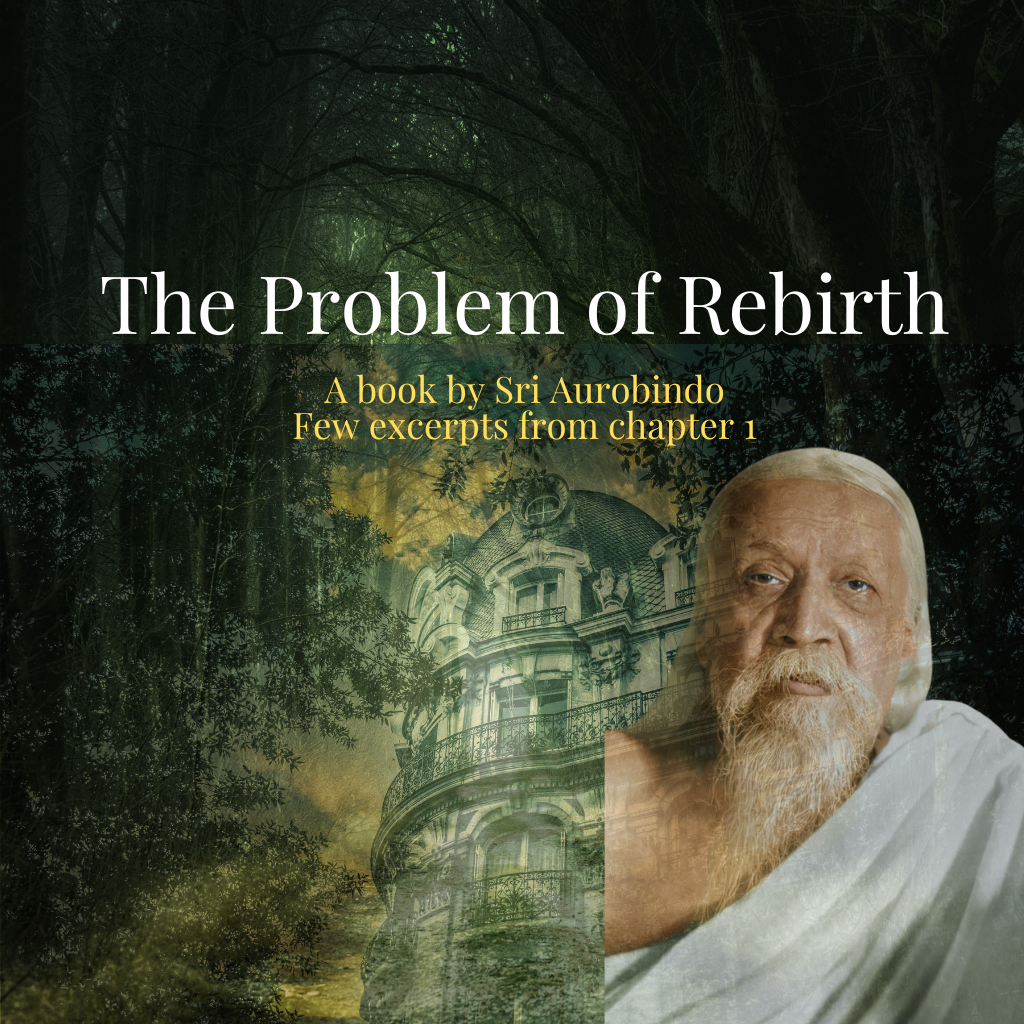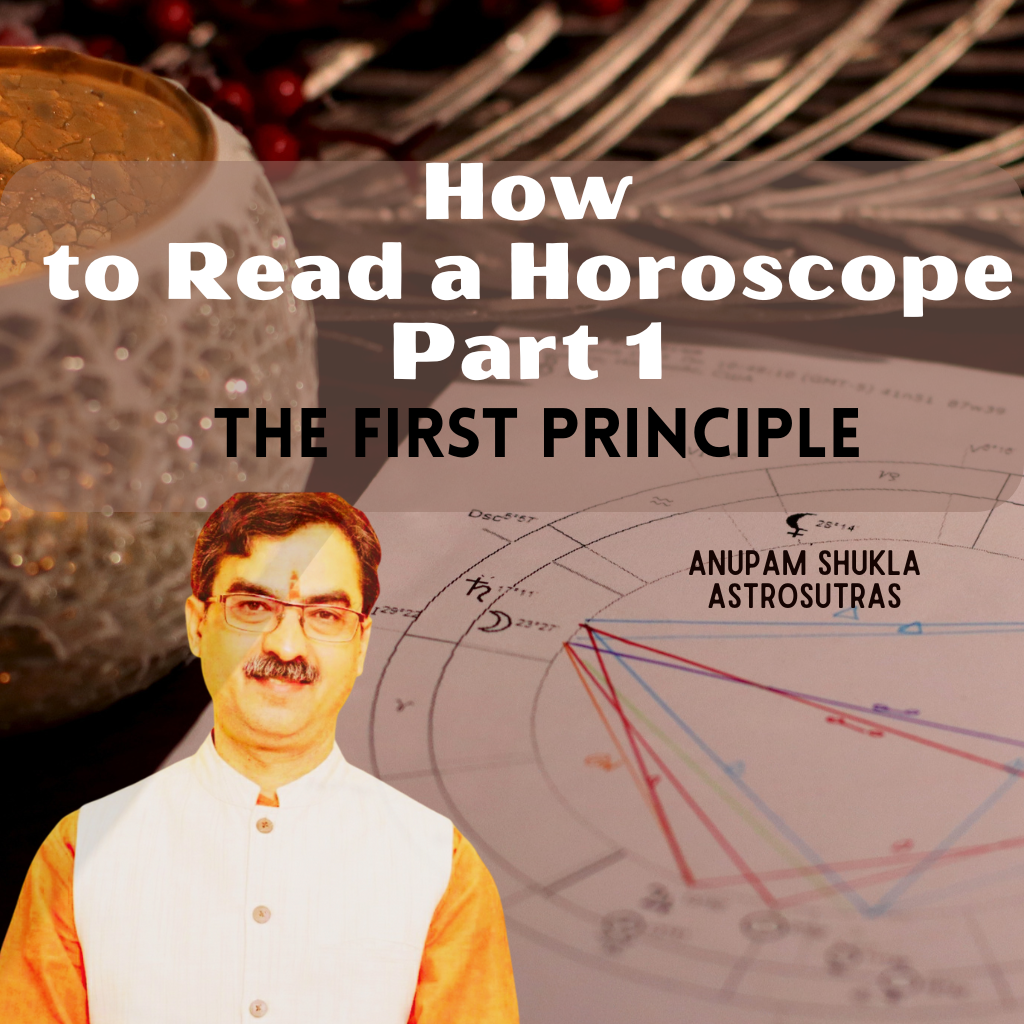A book by Sri Aurobindo
Few excerpts from chapter 1

The true foundation of the theory of rebirth is the evolution of the soul, or rather its efflorescence out of the veil of Matter and its gradual self-finding. Buddhism contained this truth involved in its theory of Karma and emergence out of Karma but failed to bring it to light; Hinduism knew it of old, but afterwards missed the right balance of its expression. Now we are again able to restate the ancient truth in a new language and this is already being done by certain schools of thought, though still the old incrustations tend to tack themselves on to the deeper wisdom. And if this gradual efflorescence be true, then the theory of rebirth is an intellectual necessity, a logically unavoidable corollary. But what is the aim of that evolution?
Not conventional or interested virtue and the faultless counting out of the small coin of good in the hope of an apportioned material reward, but the continual growth towards a divine knowledge, strength, love and purity. These things alone are real virtue and this virtue is its own reward. The one true reward of the works of love is to grow ever in capacity and delight of love up to the ecstasy of the spirit’s all-seizing embrace and universal passion; the one reward of the works of right Knowledge is to grow perpetually into the infinite Light; the one reward of the works of right Power is to harbour more and more of the Force Divine, and of the works of purity to be freed more and more from egoism into that immaculate wideness where all things are transformed and reconciled into the divine equality. To seek other reward is to bind oneself to a foolishness and a childish ignorance; and to regard even these things as a reward is an unripeness and an imperfection. And what of suffering and happiness, misfortune and prosperity? These are experiences of the soul in its training, helps, props, means, disciplines, tests, ordeals, – and prosperity often a worse ordeal than suffering.
Indeed, adversity, suffering may often be regarded rather as a reward to virtue than as a punishment for sin, since it turns out to be the greatest help and purifier of the soul struggling to unfold itself. To regard it merely as the stern award of a Judge, the anger of an irritated Ruler or even the mechanical recoil of result of evil upon cause of evil is to take the most superficial view possible of God’s dealings with the soul and the law of the world’s evolution. And what of worldly prosperity, wealth, progeny, the outward enjoyment of art, beauty, power? Good, if they be achieved without loss to the soul and enjoyed only as the outflowing of the divine Joy and Grace upon our material existence. But let us seek them first for others or rather for all, and for ourselves only as a part of the universal condition or as one means of bringing perfection nearer.
The soul needs no proof of its rebirth any more than it needs proof of its immortality. For there comes a time when it is consciously immortal, aware of itself in its eternal and immutable essence. Once that realisation is accomplished, all intellectual questionings for and against the immortality of the soul fall away like a vain clamour of ignorance around the self-evident and ever-present truth. Tato na vicikitsate. That is the true dynamic belief in immortality when it becomes to us not an intellectual dogma but a fact as evident as the physical fact of our breathing and as little in need of proof or argument. So also there comes a time when the soul becomes aware of itself in its eternal and mutable movement; it is then aware of the ages behind that constituted the present organisation of the movement, sees how this was prepared in an uninterrupted past, remembers something of the bygone soul-states, environments, particular forms of activity which built up its present constituents and knows to what it is moving by development in an uninterrupted future.
This is the true dynamic belief in rebirth, and there too the play of the questioning intellect ceases; the soul’s vision and the soul’s memory are all. Certainly, there remains the question of the mechanism of the development and of the laws of rebirth where the intellect and its inquiries and generalisations can still have some play. And here the more one thinks and experiences, the more the ordinary, simple, cut-and-dried account of reincarnation seems to be of doubtful validity. There is surely here a greater complexity, a law evolved with a more difficult movement and a more intricate harmony out of the possibilities of the Infinite. But this is a question which demands long and ample consideration; for subtle is the law of it. Aṇur hyeṣa dharmaḥ.

